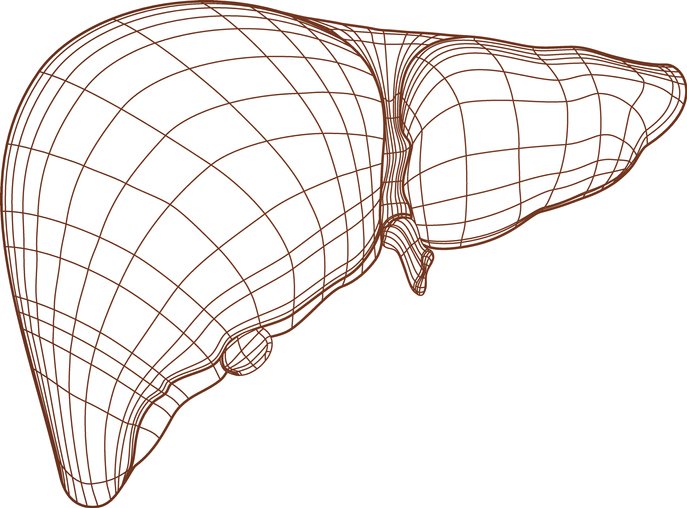Pain
What Is Viral Hepatitis?

Hepatitis is an inflammatory condition of the liver. Viral hepatitis occurs when hepatitis is caused by a virus. It can be spread through contact with bodily fluids of an infected person or through consumption of contaminated food or water.
T Types of viral hepatitis include hepatitis A, B, C, D, E, and G.
- Hepatitis A is caused by the hepatitis A virus (HAV). It is usually transmitted by consuming food or water contaminated by feces of someone who has the HAV virus.
- Hepatitis B is caused by the hepatitis B virus (HBV). It can be transmitted through bodily fluids, such as blood, semen, or vaginal secretions.
- Hepatitis C is caused by the hepatitis C virus (HC). It is also transmitted through bodily fluids.
- Hepatitis D is caused by the hepatitis D virus (HDV). It is transmitted through direct contact with infected blood and only occurs with hepatitis B. It can be contracted at the same time as hepatitis B or contracted at a later time (but only if the person already has hepatitis B).
- Hepatitis E is caused by the hepatitis E virus (HEV). It is typically transmitted through consuming water contaminated by feces of someone who has the HEV virus.
- Hepatitis G is the most recently identified strain of hepatitis. Not much is known about this new strain, but it is thought to be transmitted via shared needles for drug use, blood transfusions, and hemodialysis.
The most common types of viral hepatitis in the United States are hepatitis A, B, and C.
What are the symptoms of viral hepatitis?
The symptoms of viral hepatitis include the following:
- Loss of appetite
- Nausea or vomiting
- Weakness
- Tiredness or fatigue
- Fever
- Dark urine
- Stomach pain
- Jaundice (yellowing of the skin or the whites of the eyes)
- Light-colored stool
- Joint pain
- Unexplained weight loss
Some cases of viral hepatitis produce very mild symptoms or no symptoms at all.
What causes viral hepatitis?
Viral hepatitis is caused by exposure to a hepatitis virus. This can occur from direct person-to-person contact or from exposure to contaminated food or water. Direct person-to-person contact occurs when the blood or bodily fluids of a person infected with viral hepatitis enters the body of a person who is not infected with the virus. Viral hepatitis can be contracted through food or water that has been contaminated with the fecal matter of a person infected with a hepatitis virus.
Who is at risk of contracting viral hepatitis?
Factors that increase the risk of contracting viral hepatitis include the following:
- Having unprotected sex
- Having sexual contact with multiple partners
- Sharing needles for drug use
- Working in a health care profession
- Working in sewage or water treatment
- Traveling to or living in areas of the world with poor sanitation
- Having HIV
- Having hemophilia and receiving blood clotting factors














